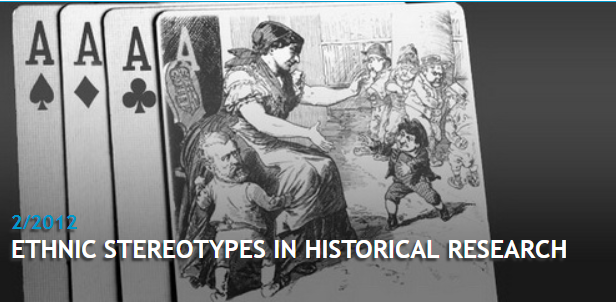„Duch mlčí, len surové mäso vyvádza“. Protižidovské stereotypy v ideológii Svetozára Hurbana-Vajanského
“The spirit is silent, only the raw flesh disports…”: Anti-Jewish Stereotypes in the Ideology of Svetozár Hurban-Vajanský
Author(s): Miloslav SzabóSubject(s): Political history, Recent History (1900 till today), Slovak Literature, Nationalism Studies, 19th Century, Period(s) of Nation Building, History of Antisemitism, Identity of Collectives
Published by: Historický ústav SAV
Keywords: stereotypes; anti-Semitism; racism; nationalism; 19th and 20th century; Svetozar Hurban-Vajanský;
Summary/Abstract: The study deals with the emotional history of Slovak antisemitism in the late 19th century. Inspired by the theory of Sander L. Gilman, it examines the role of the stereotypes of "race", sexuality and disease in the political thought of Svetozár Hurban-Vajanský who was the most influential Slovak ideologue in the 1880s and 1890s. The detailed analysis shows the impact of "race", sexuality and disease on Vajanský's perception of the nation-building processes in East Central Europe and their failure, respectivelly. The anti-Jewish stereotypes are seen as an integral part of the so called "naturalization-codes" (Bernhard Giesen) which helped the nationalist intellectuals to distinguish between their own national communities and the "others" in terms of "race" and gender. The search for the roots of the racialist antisemitism of the first half of the 20th century will thus reveal a particular ideological mixture of tradition and modernity, of Christianity and science – similar to the contemporary allegations of "ritual murder" or the visual anti-Jewish bias.
Journal: Forum Historiae. Časopis a portál pre históriu a príbuzné spoločenské vedy
- Issue Year: 6/2012
- Issue No: 2
- Page Range: 68-83
- Page Count: 16
- Language: Slovak

